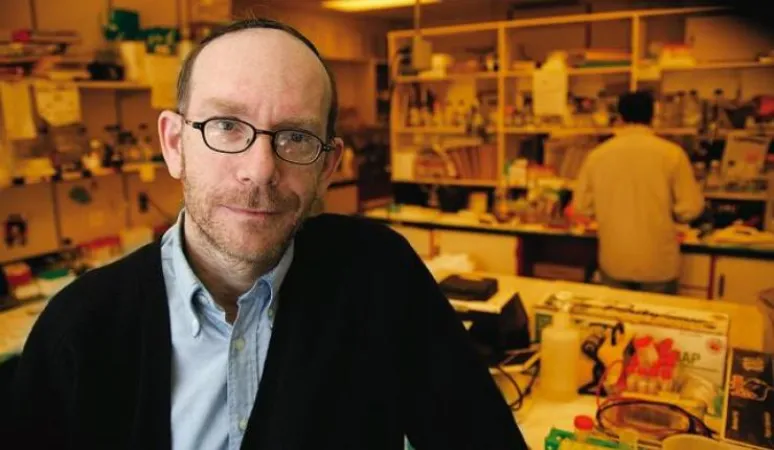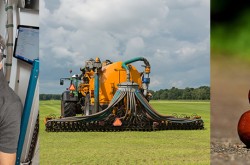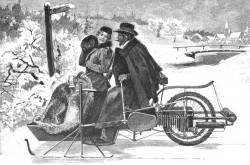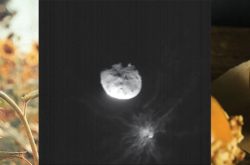Beyond Nature Vs. Nurture
This article was originally written and submitted as part of a Canada 150 Project, the Innovation Storybook, to crowdsource stories of Canadian innovation with partners across Canada. The content has since been migrated to Ingenium’s Channel, a digital hub featuring curated content related to science, technology and innovation.
For most of the 20th century, human behaviour was believed to be determined by a mysterious mix of inherited traits and the psychological effects of experience – nature and nurture. Turns out, experiences that your ancestors had can have an effect – positive or negative – on your own genetic make-up. In 1992, two McGill University scientists began a casual exchange of ideas that grew into a ground-breaking new scientific subfield: behavioral epigenetics. Dr. Moshe Szyf, a molecular biologist and geneticist, and Dr. Michael Meaney, a neurobiologist, determined through a series of experiments published in 2004 that the quality of care that rats receive from their mothers early in life can add molecular components to their DNA that can change their behaviour for the rest of their lives – and be inherited by their children. Behavioral epigenetics has become enormously influential in how human behaviour is understood, opening up fascinating possibilities for future treatments for survivors of traumas and their offspring.

















